33 Questions to Dr. Thomas A. Biland, owner of Dr. Thomas A. Biland Executive Search, Zurich
“Finding the pearl won’t be easier with algorithms.”
33 questions for Dr. Thomas A. Biland. He owns the international Executive Search
Boutique of the same name, which advises board members and CEOs on important
personnel and succession issues.
This is a translation of the interview which was published in NZZ, the leading Swiss newspaper on July
6 and 7, 2019 and online in NZZ Jobs on July 8, 2019 (https://jobs.nzz.ch/news/3/33- fragen/artikel/437/33-fragen-an-dr-thomas-a-biland-inhaber-von-dr-thomas-a-biland-executive-searchzurich)
Did you see your career in front of you from the very beginning?
After my studies, my path was not quite clear to me, except that I was broadly
interested – which headhunters couldn’t handle, because I didn’t fit into any drawer.
Freedom and self-determination have always been important to me, and so I always
wanted to become independent, and looked for opportunities for a long time. In the
end, it was a process. At some point it was suddenly as clear as day and happened.
A going back was never an option, not even remotely worth a thought.
What are your leadership principles?
Take people as they are: Trust and freedom are the basis. Every employee has
strengths. That’s what I build on. I am convinced that leadership is very situational,
clear connecting values and consistency are important.
Can competent corporate management be learned at all?
To some extent, yes; a good manager might be the answer. For a truly successful
entrepreneurship, however, I consider the personality to be decisive for the match.
There are worlds between the self-understandings of managers and entrepreneurs.
Can a boss also show weaknesses?
Absolutely, it makes him tangible and human. His environment is aware of “Teflon
behaviour”, and this is not conducive to his acceptance.
How do you feel the economic situation?
We live in a time that is explosive in every respect; the next bang is bound to come –
we are putting off problems, and if hope on the stock market is worth more than
substance, then that is an unmistakable sign. I sense rapid changes and am not sure
whether everyone has understood that these are coming faster than some of us
would like. Too many companies seem a bit too wait-and-see and too conservative to
me.
Has the global division of labour had any positive effects?
It opened up global opportunities for our industry and brought us prosperity. But
winning new markets also brings dependencies and dangers, especially if they are
one-sided, as the example China shows.
What gets on your nerves?
Intolerance, narcissism, self-portrayal and selfishness – unfortunately, these
phenomena are not uncommon.
What can you laugh about?
When someone takes me charmingly in their arms or about witty comedy. I love the
fine points of humor.
What do your employees say about you?
He is nice, very patient, but if you take this for granted, he will react.
How do you react to criticism?
C’est le ton qui fait la musique: really appropriate, open, otherwise at best rather
direct, but certainly reflect afterwards for myself and tend to question me too much
sometimes.
Has your gut feeling already deceived you?
Yes – but the longer, the less; I should have understood earlier in life that it is often
better than an “academic analysis”.
Do you also hire former colleagues and friends?
Rather not – it creates conflict potential and in extreme cases does not allow me to
make an unintentional free decision.
Are quotas for women necessary?
Men should not only proclaim diverse teams, but actively promote them. Switzerland
lags behind when it comes to social issues. But women should support each other
much more. For me, equality has always been the norm. In Switzerland we still have
some homework to do, and if parts of the economy do not move forward, then
perhaps temporary quotas are needed. However, the issue should not be
approached on a missionary basis either.
Do you google candidates?
Of course, but only in the search, Facebook missteps do not interest me; everyone
has the right to make nonsense once. What counts for me is performance.
How important are social networks to you?
I was one of the first 600,000 on Linked-In worldwide, social networks are important.
Even more important are direct encounters, which make the difference. Business
lives through the exchange with people and not through virtual worlds, however,
great they may be. Reaching for the listener or meeting someone is often much more
efficient than “e-mail battles”.
What do you think of managers who show off with little sleep and weekend work?
And then climb Mount Everest? Nothing: They are one-sided and do not impress me.
Would you give up your career in favour of a humanitarian mission?
Perhaps not as a whole; on the other hand, it is a duty to give and not just to take –
injustices and discrimination of any kind make me furious, and I am very active
against them with my possibilities. I am ready to expose myself.
When and where can you really switch off?
In nature while hiking or jogging, with music and travelling – that gives me strength
and inner peace.
Are role models still relevant or rather a hindrance to self-realization?
They can certainly help, but in the end, we should develop independently. As an
incentive they are valuable. I admire people who have developed in life as
personalities and not only in status.
What do you recommend to young professionals?
Go out into the world, learn and absorb the foreign and do something with passion –
the latter is extremely important; go your way and not that of others – live your dream.
Seeing other worlds and cultures helps to reflect one’s own world more openly.
How were you rated by your former teachers?
One teacher once said: “I don’t see Thomas at a cantonal school anyway, and
certainly not during his studies”.
Did the school teach you what was really relevant?
The basics certainly. Too much education is probably more of a hindrance than
promoting entrepreneurship. That’s why I have respect for real movers and shakers
who don’t collect titles first.
Could you imagine a life in a monastery?
For a clearly limited and short time, perhaps, on meditation: I love people and direct
contact with them too much to live in seclusion.
Do you sometimes come too late?
In the past sometimes; today I have it largely under control – punctuality and
commitment are important to me.
Do you believe in providence and fate?
To a certain degree certainly yes – but happiness cannot be forced. Without
commitment and performance, however, it is not possible at all.
Are you confident about Switzerland?
In principle, yes; Switzerland has enormous potential, but we tend to be complacent
and too often believe that our prosperity is given by God; that is why we are currently
in the process of jeopardizing our success – but the Swiss learn best through their
wallets – otherwise the pressure from outside will do the trick: Then we do rumble, but
quickly collapse. A little more vision would do our country good. In the past, waiting
and seeing was a successful strategy, but I doubt its validity for the future.
What problems should politicians tackle immediately?
The pension problem and the “economic collective farm system” at home: the system
of fixed statutory retirement at 65 is an old pigheaded one and no longer works.
Furthermore, we have too many interest groups that make a lot of money with
globalization, but block this competition in Switzerland by sealing it off. Our
Parliament is doing inadequate work in these two areas.
One of your wisdoms in life?
Carpe diem – there are many wonderful little things: Seeing her every day is the art;
unfortunately, I do not always succeed, but I am working on it.
What could be the title of this interview?
Finding the pearl doesn’t get any easier thanks to algorithms.
Interview: Walter Hagenbüchle (NZZ)
About the person:
Dr. Thomas A. Biland, 59, is the owner of the international Executive Search
Boutique of the same name, which advises board members and CEOs on important
personnel and succession issues. He also owns the 40-year-old da Professionals ag,
which focuses on the search of executives and specialists as well as executive
assistants in Switzerland and neighboring countries. Both companies with their 9
employees concentrate on globally active SMEs, family businesses and ownermanaged
companies. After his studies and dissertation on the role of the Board of
Directors at the University of St. Gallen (HSG), Thomas held various and global
management positions in industry, technology, venture capital, services and
engineering before moving to personnel consulting in 2001 and becoming selfemployed
in 2005.




